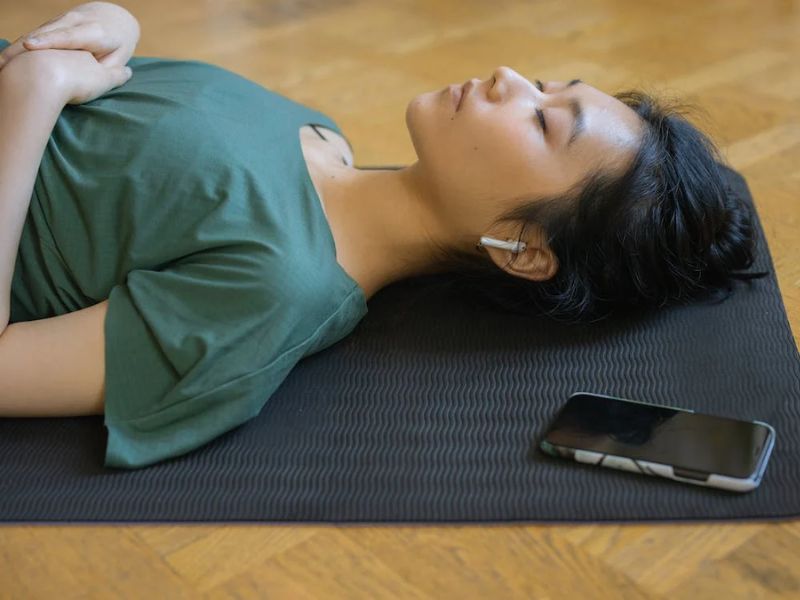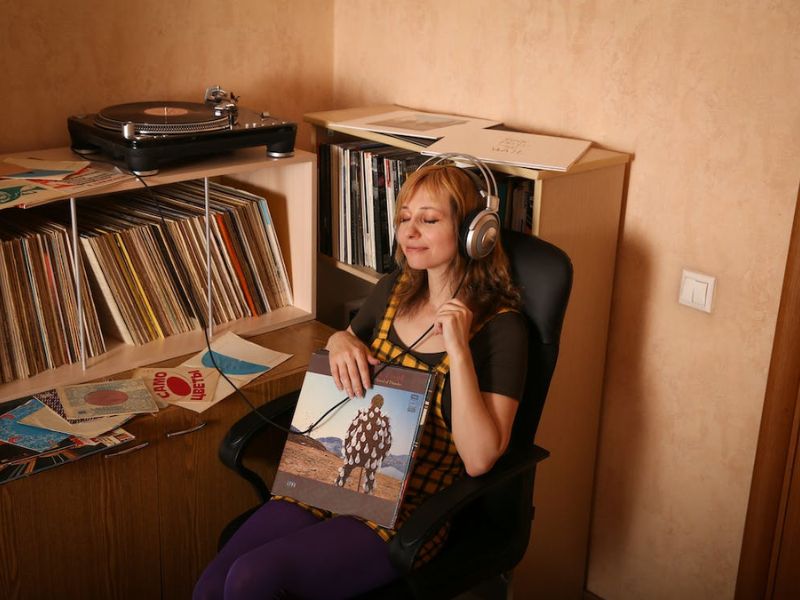In today’s fast-paced world, getting a good night’s sleep can be challenging for many people. As a result, various techniques and aids have emerged to help individuals relax and drift off into a peaceful slumber. One such method gaining popularity is listening to podcasts designed to induce sleep. But does this approach indeed promote restful sleep? Let’s explore what a sleep expert has to say on the matter.

Image Credit: Pexels/cottonbro studio
According to Dr. Sarah Thompson, a renowned sleep specialist, the effectiveness of using podcasts to fall mainly asleep depends on the individual and the type of content they choose. Dr. Thompson explains that some individuals find listening to podcasts a helpful way to unwind and distract their minds from racing thoughts, ultimately facilitating sleep. These individuals often benefit from podcasts that feature calming voices, gentle storytelling, or ambient sounds like rain or soft music.
However, Dr. Thompson warns that not all podcasts are suitable for promoting sleep. Podcasts with engaging or compelling content, such as true crime or suspenseful narratives, may have the opposite effect, stimulating the mind rather than relaxing it. Additionally, podcasts with loud or sudden sound effects, fast-paced dialogue, or advertisements can disrupt the sleep-inducing process.
Dr. Thompson suggests a few key considerations to maximize the potential benefits of using podcasts as a sleep aid. Firstly, it’s essential to select podcasts designed explicitly for sleep or relaxation. These podcasts often employ techniques like slow pacing, soothing voices, and repetitive patterns to induce a sense of calmness. Reading reviews and recommendations can help find podcasts with a track record of aiding sleep.

Image Credit: Pexels/Vika Glitter
Dr. Thompson advises establishing a bedtime routine with podcast listening, using the same series for a comforting sleep association. Sleep timer features on podcast apps help prevent disturbances by automatically stopping playback after a set duration.
Dr. Thompson stresses that podcasts may benefit some individuals in achieving better sleep, but they may not work for everyone. It’s essential to pay attention to personal preferences, experiment with different podcasts, and be mindful of the content’s impact on relaxation. Consulting with a healthcare professional or sleep specialist can also provide personalized guidance tailored to individual needs.